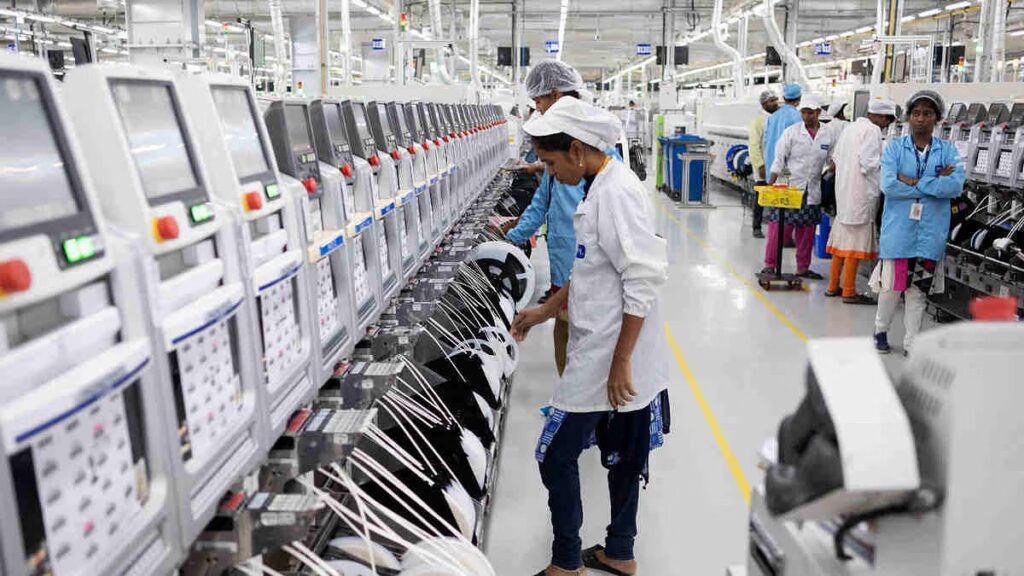Foxconn, Apple’s major contract manufacturer, is investing $2.56 billion in its Devanahalli facility in Karnataka as part of Apple’s plan to diversify its supply chain away from China. Despite former US President Donald Trump’s public opposition to Apple manufacturing in India, Apple CEO Tim Cook is moving forward with plans to make India a key production hub for iPhones destined for the US market.
Large-Scale Campus Under Construction for 30,000 Workers
The Devanahalli plant covers 300 acres, with construction well underway for dormitories to house approximately 30,000 employees. This will be India’s largest residential facility dedicated to factory workers, set for completion by December. Foxconn follows a similar model used in China and Tamil Nadu, where it already accommodates 18,000 workers in Sriperumbudur. Priority housing will be given to female employees, who make up 50-80% of the workforce.

Production Targets and Expansion Plans
The investment is split into two phases: Rs 3,000 crore for 2023-24 and a similar amount planned for 2026-27. Foxconn aims to produce around 100,000 iPhones by the end of this year at the Devanahalli plant, with assembly of some models already started in May. Additional models are scheduled for production in August, ahead of the iPhone 17 launch expected in September.
Strategic Growth Beyond China
Foxconn’s Project Elephant is a strategic move to reduce dependence on China by expanding manufacturing in India. Alongside Foxconn, Tata Electronics has taken over operations of other Apple suppliers like Wistron and Pegatron in India. Foxconn also operates major facilities in Tamil Nadu, Karnataka, and Telangana, including a new AirPods manufacturing unit in Hyderabad.
Apple’s Commitment to Indian Manufacturing
In May, Tim Cook stated that most iPhones sold in the US during the June quarter would be made in India, signaling Apple’s long-term commitment to the country as a manufacturing hub. This expansion not only supports Apple’s supply chain diversification but also strengthens India’s role in the global electronics manufacturing sector.
